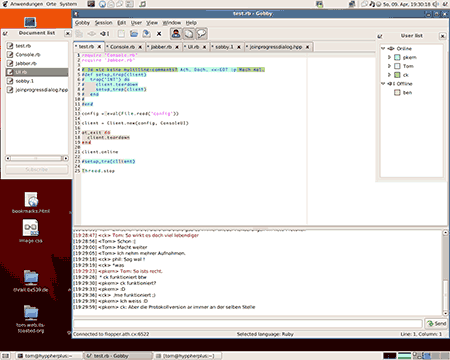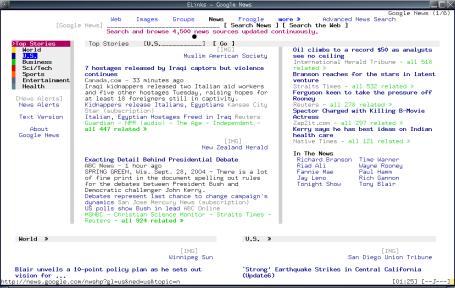
Iceweasel is a fork of one of the popular browser, Mozilla Firefox with the main aim to provide a completely free browser alternative to the latter.
You might wonder why we need to fork Firefox since it is already free and open source?
The answer is a bit complicated.
Although Mozilla Firefox has been release by the Mozilla Foundation as an open source browser, part of the software is non-free such as the talkback crash reporting system, the artwork, the icons and the name of the browser.
To add to the problem, Mozilla didn’t give permission to use their trademarked name Firefox to be used on unofficial builds. Due to this complication of having proprietary component in foss application, IceWeasal was forked from Firefox code base.
IceWeasel is functionality is essentially the same with Mozilla Firefox but without the proprietary component. Debian is one of the first distro to use IceWeasal as its default browser starting by Debian Etch.
The current IceWeasel release are based on Mozilla Firefox 1.5.0.7, and each of it will be syncronised with the latest release of Firefox.
You can get Iceweasel from it’s project website (currenly available as source and GNU/Linux binaries only)
[tags]mozilla,firefox,mozilla firefox,iceweasel,debian,opensource,freesoftware[/tags]





